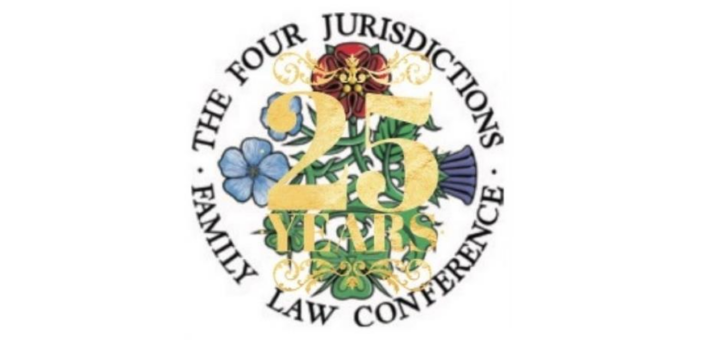This article will discuss the following issues relevant for couples who are separating and have a child or children together:
- Parenting after divorce – The legal meaning of Parental Responsibility. Practical considerations, including, as a separated parent (i) what decisions you may take independently without consulting or notifying the other parent (ii) what decisions you should consult the other parent on and (iii) what decisions should only be made jointly.
- Co-parenting after divorce – The benefits of a specialist Parenting Coordinator/mediator.
Who has parental responsibility and parental rights after divorce?
Parental Responsibility is defined in the Children Act 1989 as: All the rights, duties, powers, responsibilities and authorities which by law a parent of a child has in relation to the child and the child’s property.
All of the individuals with Parental Responsibility (usually both parents) should agree on the important decisions in a child’s life. These include where the child should live; where the child should be educated (which school); health and medical treatment (for example, whether a child should receive vaccinations); changing a child’s name; religion and travel abroad. If agreement cannot be reached in respect of these matters, an Order from the Court may be required.
What about everything else? Homework, school bags, extra-curricular activities, sleep-overs, playdates, school uniforms etc. – the list goes on.
In the case of A v A [2004] EWHC 142 the father issued an application for a joint residence order and a defined contact Order. His complaint was that the mother had been making unilateral decisions about the children’s health and education and marginalising him from those decisions.
The parents were, before the conclusion of this case, able to agree to a schedule of items in relation to the exercise of parental responsibility.
The schedule is annexed to the judgment of the Court and provides:
Decisions that could be taken independently and without any consultation or notification to the other parent
- How the children are to spend their time during contact
- Personal care for the children
- Activities undertaken
- Religious and spiritual pursuits
- Continuance of medicine treatment prescribed by GP
Decisions where one parent would always need to inform the other parent of the decision, but did not need to consult or take the other parent’s views into account.
- Medical Treatment in an emergency
- Booking holidays or to take the children abroad in contact time
- Planned visits to the GP and the reasons for this
Decisions that you would need to both inform and consult the other parent prior to making the decision
- Schools the children are to attend, including admissions applications. With reference to which senior school C should attend this is to be decided taking into account C’s own views and in consultation and with advice from her teachers
- Contact rotas in school holidays
- Planned medical and dental treatment
- Stopping medication prescribed for the children
- =Attendance at school functions so they can be planned to avoid meetings wherever possible
- =Age that children should be able to watch videos. ie videos recommended for children over 12 and 18
This is the plan which worked for these parents. Every scenario will be slightly different.
What are parenting coordinators and how do they help?
Navigating life as separated parents is never easy. Increasingly parents are engaging the services of specialist mediators or Parenting Coordinators to agree parenting plans.
The Parenting Coordinators’ Alliance website sets out that Parenting Coordinators can help by listening to both parents’ points of view, helping parents to hear one another’s concerns and objectives, helping parents to bear in mind the thoughts and feelings of their children, helping parents decide together how they can manage all the practical arrangements for children in a positive way as life continues in two households.
In the recent case of XM v XF [2021] EWHC 1279 Mrs Justice Roberts endorsed the use of parenting co-ordinators with a view to avoiding future litigation.
It is not mandatory for parents to use a mediator or a parenting coordinator to resolve their disputes and in some scenarios relations can be too fraught. There may be a history of domestic abuse or coercive and controlling behaviour, for example, which may mean that mediating is not suitable. It may also be the case that one party refuses to engage. In these sorts of situations either a Court process, family arbitration or dealing with matters through solicitors may be required.
However, for many parents, the use of a specialist mediator or parenting coordinator can prove invaluable in terms of agreeing a parenting plan and, if required, a schedule (such as the above) so that both parents know where they stand and how and when they can exercise their parental responsibility independently and when consultation and/or consent of the other parent is required.
If you require legal advice regarding matters of parental responsibility please do not hesitate to get in touch with one our specialist solicitors.
















